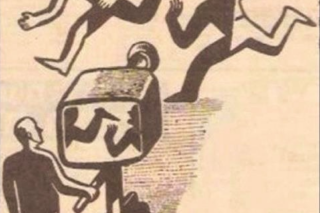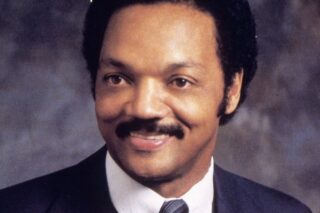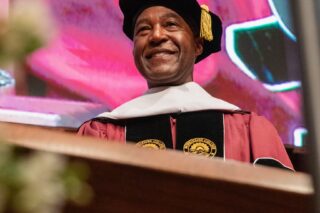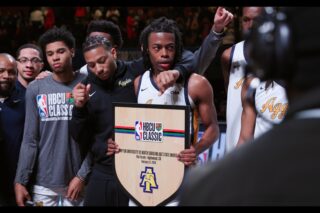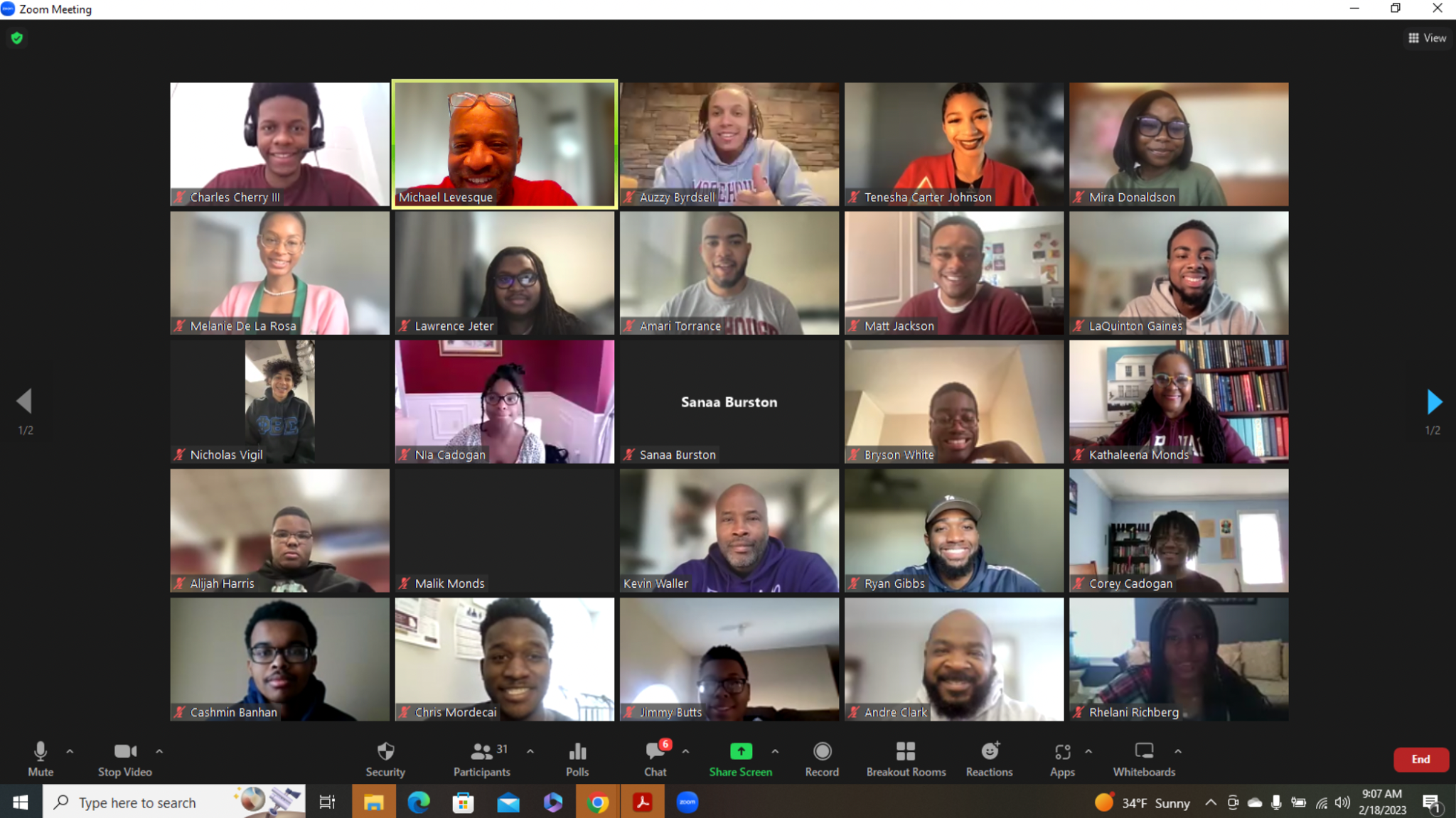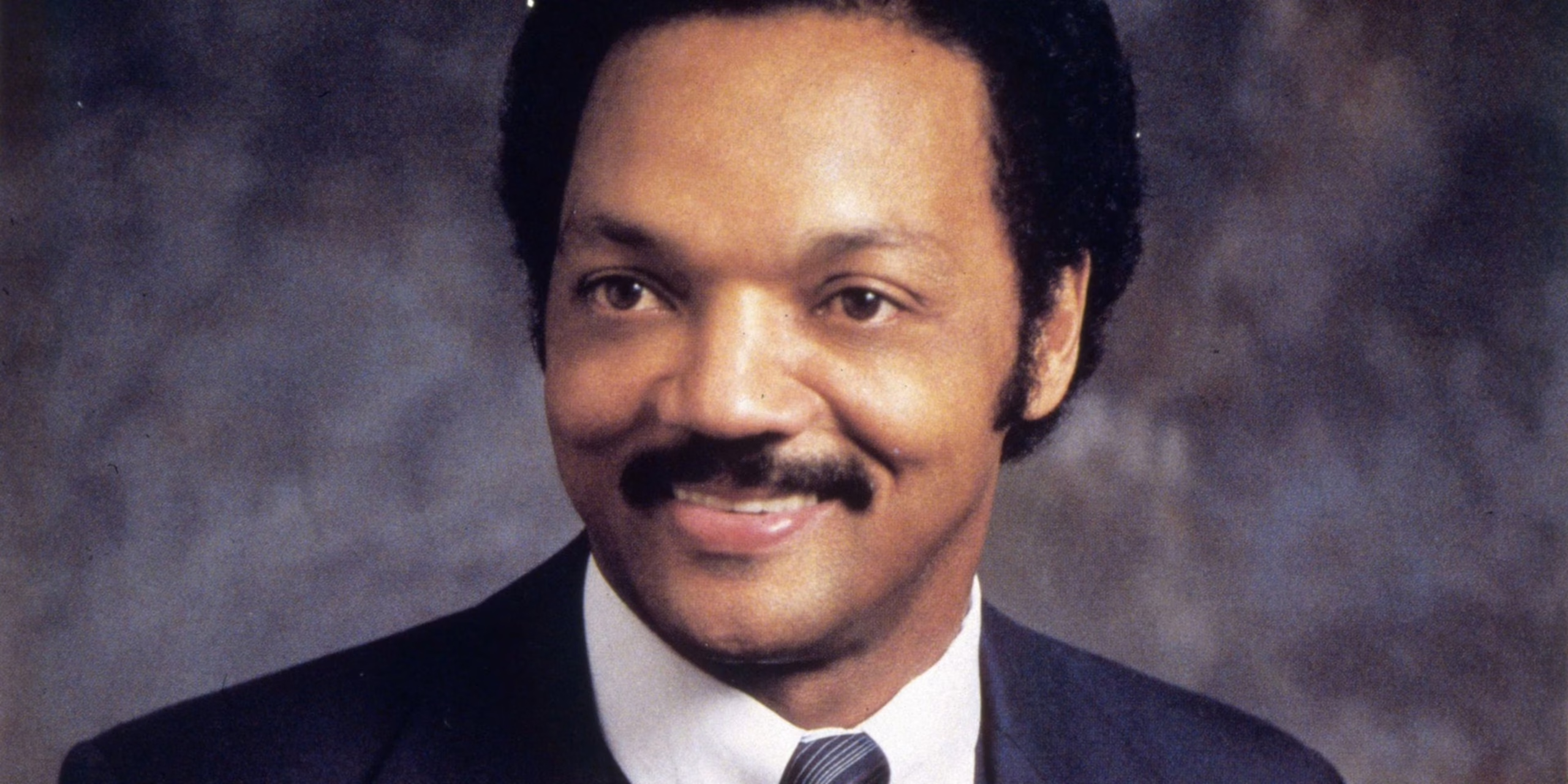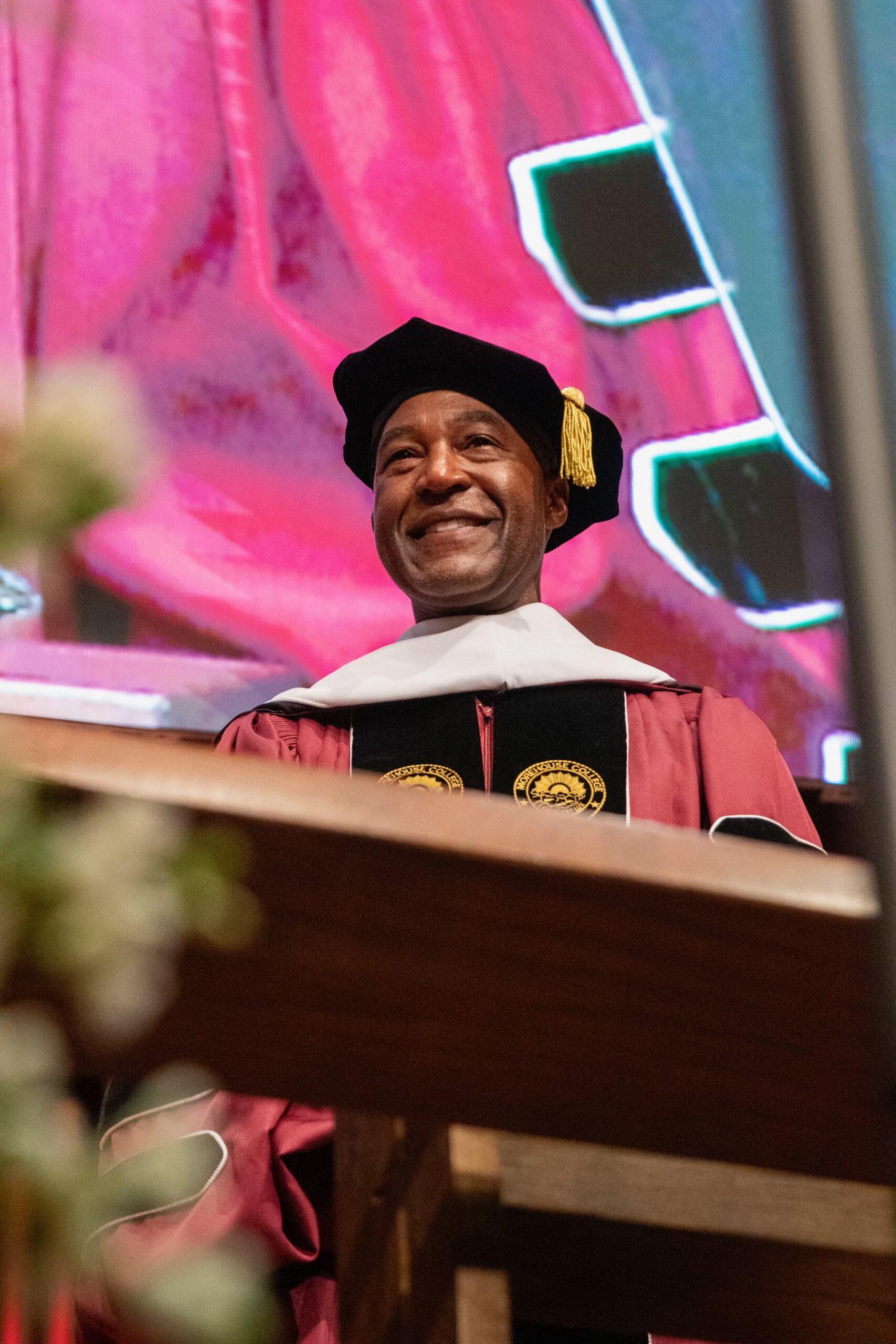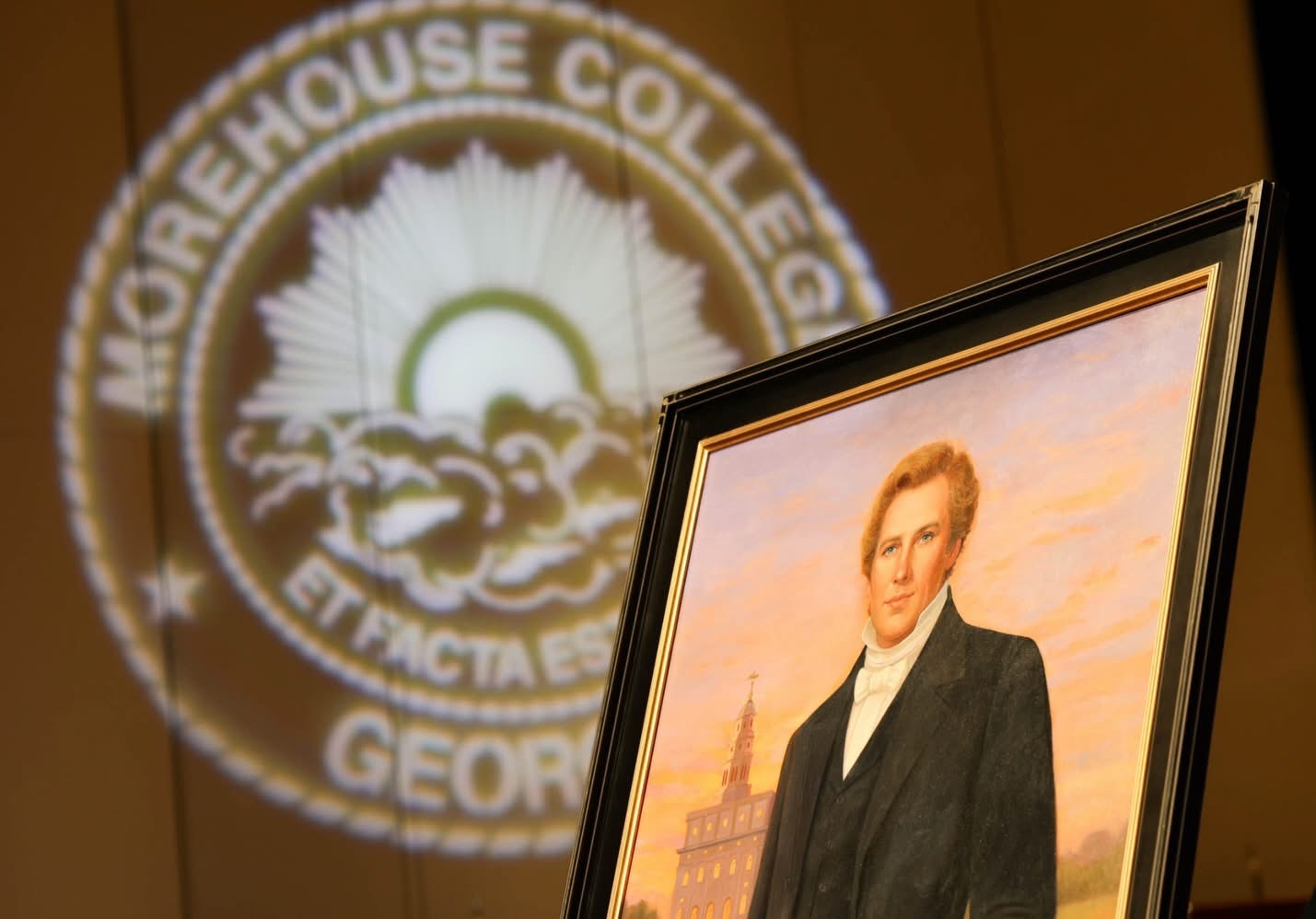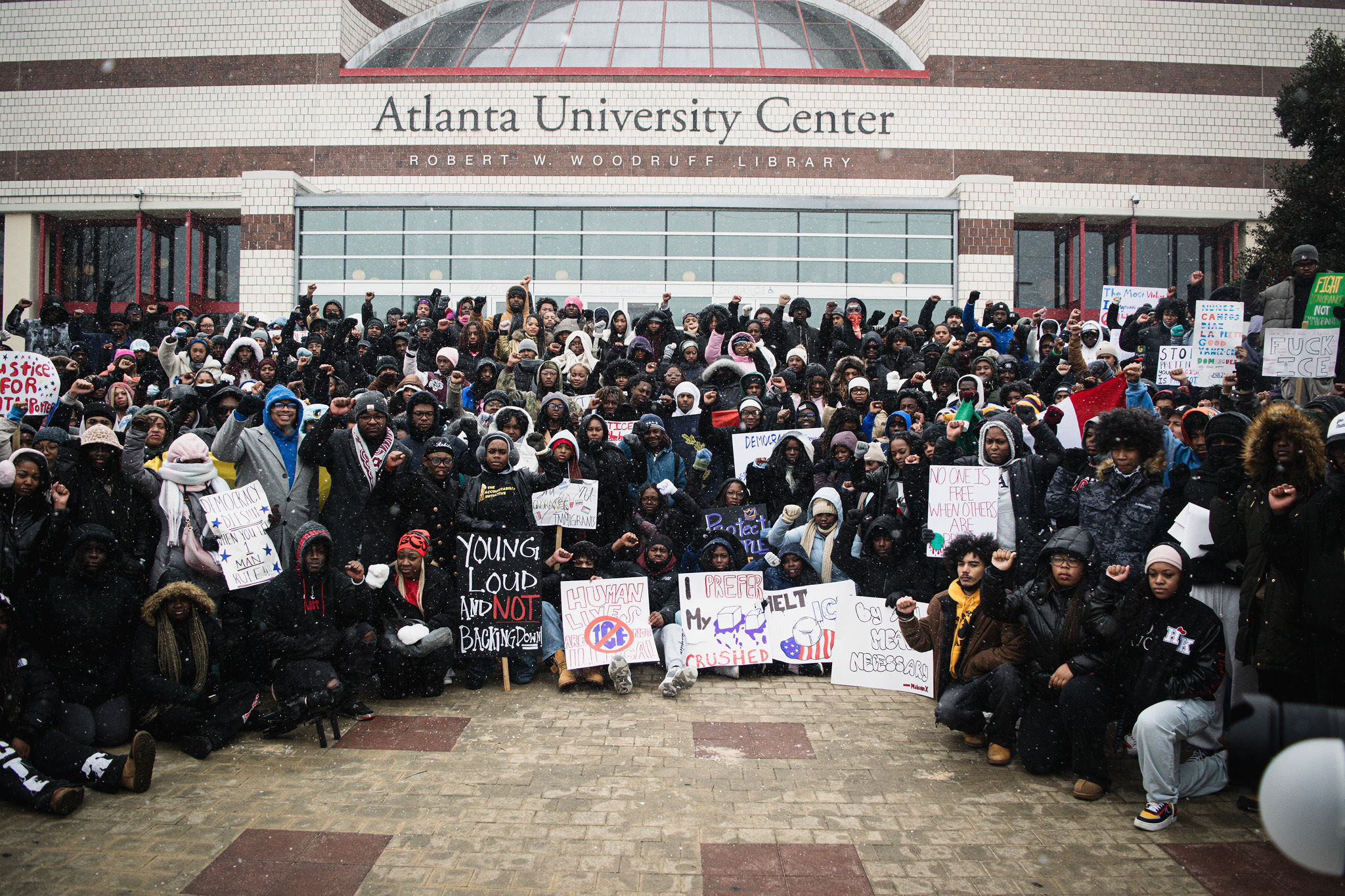Photo by: MCNAA
By: Auzzy Byrdsell, Staff Writer
The nature of financial literacy in Black communities is more important than it’s ever been. According to a 2022 study from the Teachers Insurance and Annuity Association of America (TIAA) Institute, only 37 percent of African Americans sampled were financially literate compared to the 55 percent of the white people sampled. The Morehouse College National Alumni Association (MCNAA) has a program to guide young Black minds to be mature with money.
For the second annual year, the MCNAA work study and volunteer students lead REACH, ‘a financial literacy program with heart’. The REACH program caters nationally to young men and women in high school looking to learn how to be financially mature.
Participants in the program dial in from across the country in states such as Georgia, New York, New Jersey, Florida, Virginia and more. REACH sessions are also open to those not in high school looking to learn more.
The program is fully virtual and led by Spelhouse (Morehouse and Spelman) students. Sessions are held Saturday mornings from 10am to 12pm.
Last spring, the REACH program followed the structure and curriculum of The Stock Market Game which is a simulation of the stock market that gives students experience in the logistics and complexity of stock trading and investing.
This year, REACH is broadening its lens. The REACH leaders guide conversations in how to turn hobbies into businesses, social entrepreneurship, communication in business and more.
The participants begin in a large group for the main lesson and later split into breakout rooms to continue their discussions and brainstorm ideas for the day’s topic.
Along with their curriculum, REACH also invites guest speakers to bring authentic perspective into these discussions.
Most recently, REACH welcomed Spelman alumna Terri Lynn Evan; she is the founder and CEO of Chicago delivery service Dockside Delivery. REACH also invited Morehouse alum Chris Evans, president of family graphic shirt business T-Shirt King Inc.
“I am very passionate about financial literacy and mentorship and the program combines two aspects of service that I’m already interested in,” said Spelman junior Melanie De La Rosa.
She majors in economics and minors in comparative women’s studies from Sugar Hill, Georgia.. She is a returning REACH leader and also the president of mentorship nonprofit program Gifted Girls of Grace.
“We’re also giving them insight as to what it’s like being a college student,” she said. “I like to think that we were not only teaching, we were mentoring and encouraging them to pursue a college education.”
One of the biggest obstacles for the REACH leaders is creating a fun and productive environment to teach the curriculum without it feeling like they are at school.
Along with teaching, the leaders are also role models and companions for our participants. The high school students ask questions about college and have conversations about their schools and other topics to create a relaxed and inclusive environment.
Charles Harris is a returning REACH participant. He is a student at Eagle Academy from Queens, New York. He aspires to be a technician in the future.
He encourages more high school students to join the REACH program.
“I bet that you’ll learn more than you already know,” he said. “If you want to learn how to control your money and control how you want your life to be then REACH would be the perfect program.”
Harris has been one of the most active and enthusiastic participants in the program. His familiarity brings comfort and leadership to the new students in REACH’s second year.
SpelHouse students fill different roles in REACH’s success. There are production managers, communication directors, REACH leaders and more. With so many opportunities to contribute, students often navigate different roles in REACH.
One of those students is Lawrence Jeter, a senior finance major and economic minor from Nashville, Tennessee.
“The first year I was mainly a behind the scenes person contacting parents and students. This year, I’m also helping with some of the teachings in social entrepreneurship,” he said.
He has watched the program grow while overseeing how hard the REACH leaders work on curriculum and communicating with students who participate.
“With a program like this dealing with high school students sometimes it might be hard for them to engage, but I believe that most of them are happy with what we’re doing and they keep on showing up so that’s a good sign.”
The vision for REACH is to continue annually each spring semester and to keep growing. They want to teach relevant content to their students.
“The most important aspect is giving young Black men and women the opportunity to learn financial literacy which is something that we usually aren’t taught as Black people,” Jeter said.
Copy Edited By: Marlon “MJ” Scott


